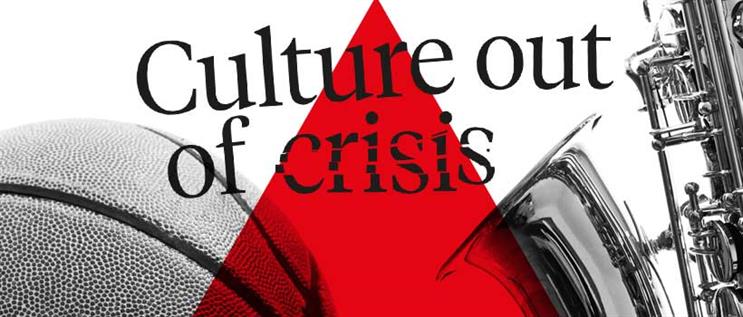Celebrities have been a ubiquitous part of culture for the best part of the past two centuries. In many cases, they have transcended popular culture and influenced our personal lives. From Jazz Age icon Louise Brooks to the Kardashians, celebrities’ aesthetics and lifestyles have long driven consumer behaviour.
But the idiom of the cultural icon is rapidly shifting in the wake of civil unrest and a global health crisis. People are hungry for change, so the run-of-the-mill celebrity won’t cut it any more.
The atrocities of Covid-19 and multiple instances of systemic racism against black people have resulted in a weary society. To paraphrase the character Howard Beale from the film Network: "We’re mad as hell and we ain’t gonna take it any more."
This general weariness has produced two conflicting impulses within people: to retreat and find solace close to home, or to explore and seek adventure outside of reality. The new cultural icons that are emerging in this post-Covid world reflect these desires to either reflect the toils of real life or be completely removed from it.
For example, look at the success of recent documentary series on Netflix such as Tiger King and The Last Dance. At the heart of both compelling narratives are protagonists who never try to be relatable. Joe Exotic and Michael Jordan transcend the experiences of our everyday lives. On the other end of the spectrum, people have held up figures such as the Black Lives Matter protesters and health workers during the pandemic. These activists and key workers are fully engaged with and fighting to improve the struggles of our world.
The growing popularity of first-person social-simulation games also points to a demand for new forms of entertainment. Sims 4 and Animal Crossing: New Horizons, which sold more than 13 million copies in its first six weeks, bridge the relatable and the otherworldly. You can do mundane activities on these games, but you can also escape by interacting with the supernatural or creating your own virtual village.
We have stopped looking to traditional celebrities to talk to us about "the issues", since recent instances have shown how far removed they are from the things that matter to us. Their attempts to empathise have fallen flat: take the multi-celebrity cover of John Lennon’s Imagine, which was widely mocked on social media. Actors worth $10m telling an audience to "imagine no possessions" at the height of a global health and financial crisis came across as tone deaf and ignorant.
Then, in a film released at the same time as the Black Lives Matter protests, we saw white actors openly admitting to turning a blind eye to racism, with cringeworthy performances that would have likely garnered most of them a C grade in GCSE Drama at best.
Consumers are more cynical and savvy and can therefore see through the flaccid attempts at moral guidance or solidarity from multimillion-pound conglomerates and celebrities. Those celebrities can’t relate and shouldn’t try to. We might have tolerated these disingenuous demonstrations in the past, but we have had our fair share of artifice.
People are looking for substance, and therefore the new icons of the future will be those who can meet that appetite.
Jumi Akinfenwa is senior music supervisor and cultural curator at Pitch & Sync


